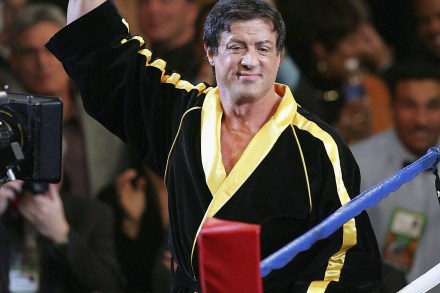Rivers of reality
I have yet to capitulate to this series of Big Brother, which is not to say that I won’t. But it does seem very striking to me that the reality TV show seems to have become the canvas upon which we observe the nation’s residual bigotries and (in the case of Shilpa’s victory) our desire to conquer them. Funnily enough, the politician who best understands the power of such shows is Gordon Brown, who has often said that we should ask what programmes such as The Apprentice and Pop Idol tell us about aspiration. Meanwhile, BB is once again KKK. Enoch to the Diary Room….




